Residential Solar Panel Cleaning
Professional Residential Solar Panel Cleaning in Midrand, Johannesburg and Pretoria
CALL NOW 072 641 3713
Let Us Assist with Your Residential Solar Panel Cleaning Needs
Residential Solar Panel Cleaning
Best Residential Solar Panel Cleaning in Gauteng
At Horn & Horn Renovations, we believe your home’s solar panels deserve more than a basic rinse — they deserve professional care that keeps them performing at their best. Based in Midrand, Gauteng, we bring precision, safety, and a personal touch to every residential solar cleaning project.
Whether you’re preparing for summer’s peak sunshine or maintaining year-round efficiency, we use proven techniques to remove dust, debris, and grime without damaging your panels. Our team works with the same integrity and attention to detail that’s made us trusted in homes across South Africa. Like the clear skies over the Highveld, our results are bright, lasting, and built to keep your energy flowing.
Our Recent Projects
Whether it’s solar panel cleaning, commercial painting, or full home renovations, we deliver work that lasts.
Hazelwood
Retail Centre
Pretoria, Hatfield
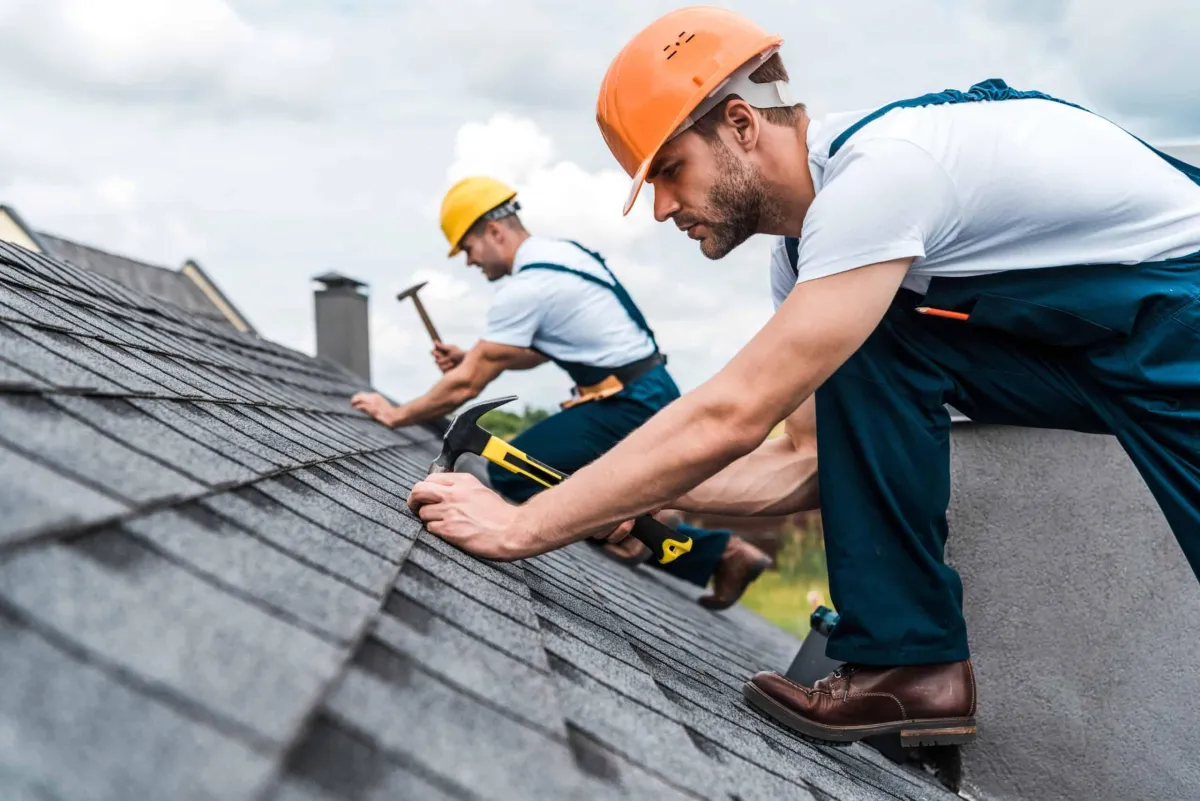
[Read more]
IT Boys
Business Block
North-Cliffe, Johannesburg

[Read more]
Lee-Park
Apartments
Pretoria, Elarduspark

[Read more]
Drywalling
Carport
Create and customize interior spaces with
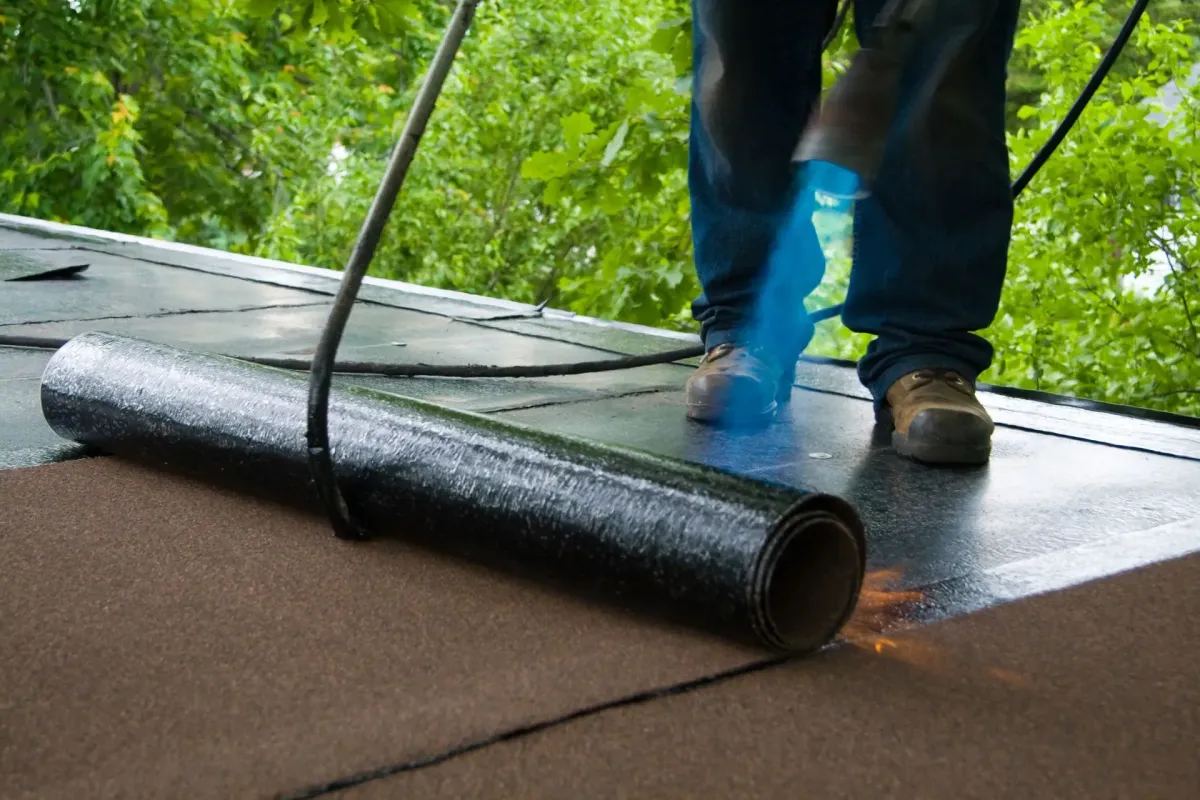
[Read more]
Floor & Roof Coatings
Hotel
Floor sealing, pavement coating, and roof
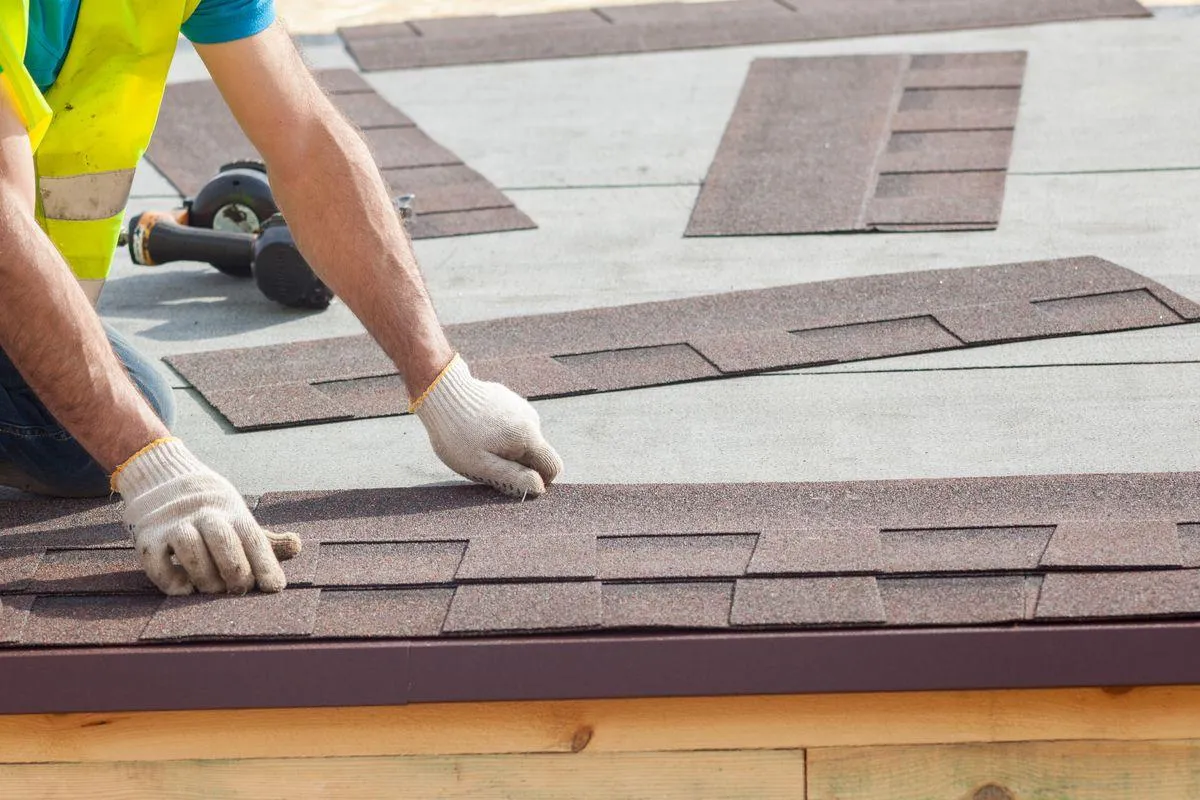
[Read more]
Tiling & Flooring
Complex Buildings
Beautiful, durable tiling that transforms bat
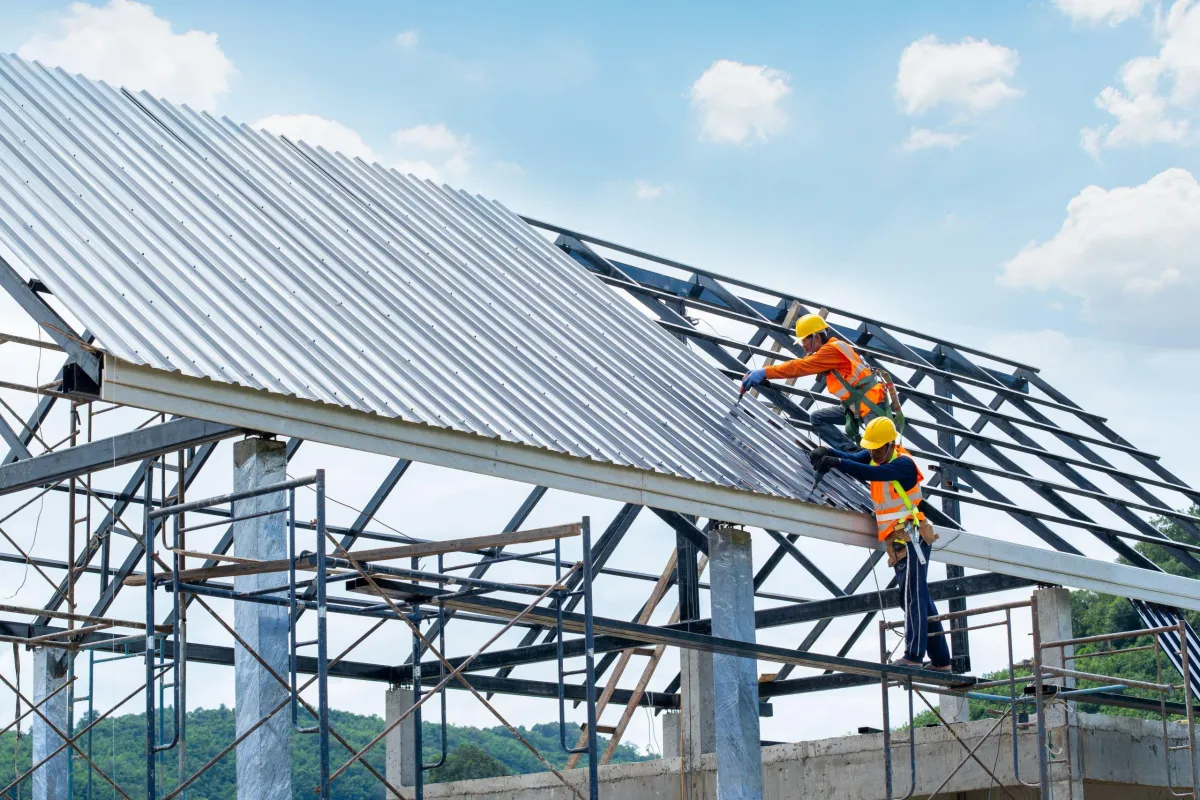
[Read more]
TESTIMONIALS
What Our Clients Say About Us

Company Name should look
for ones that are specific,
detailed, and highlight the
unique benefits of working with
the company.
Alex john martin
Manager

Company Name should look
for ones that are specific,
detailed, and highlight the
unique benefits of working with
the company.
Alex john martin
Manager

Company Name should look
for ones that are specific,
detailed, and highlight the
unique benefits of working with
the company.
Alex john martin
Manager
Residential/Commercial/ Industrial/Agri Solar Cleaning Estimate
Fill out the form below to get your estimate IMMEDIATELY via WhatsApp
NOTE: Please provide us with your WhatsApp number in the form below
FAQ's About Solar Panel Cleaning – Clear Answers for Maximum Efficiency & Safety
Keeping your solar panels clean isn’t just about appearance – it directly impacts how much energy they produce and how long they last. Below we’ve answered the most common questions homeowners and businesses ask about solar panel cleaning, from how often it should be done to what methods are safest.
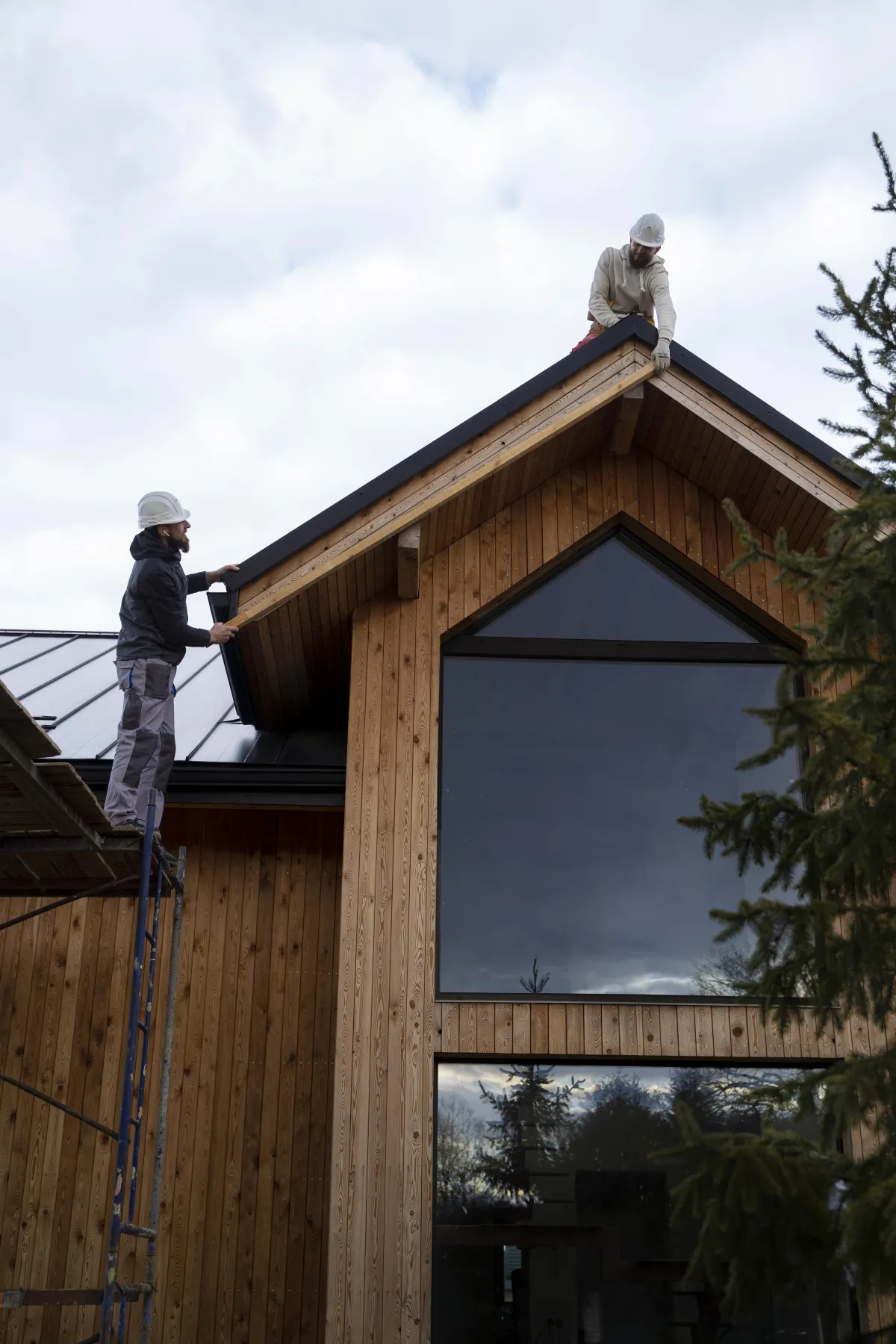
1. Why do solar panels need to be cleaned?
Dust, pollen, bird droppings, and pollution reduce the sunlight hitting the panels. Clean panels can improve efficiency by up to 20%.
2. How often should solar panels be cleaned in Gauteng?
At least every 6 months, but some areas with lots of dust or trees may need quarterly cleaning.
3. Does rain clean solar panels properly?
No. Rain only rinses some dirt, but it also leaves mineral deposits and streaks. Professional cleaning ensures a clear surface.
4. Can dirty solar panels really reduce power output?
Yes – studies show dirt build-up can drop efficiency between 10–25%, depending on conditions.
5. Is it safe to clean solar panels myself?
It’s risky. Working at heights and using the wrong water or tools can damage panels. It’s safer to use trained professionals.
6. What do you use to clean solar panels?
We use pure deionized water and specialized solar cleaning brushes – no harsh soaps or chemicals.
7. Will cleaning my solar panels void the warranty?
No – as long as the correct methods are used. In fact, some manufacturers recommend regular cleaning to keep the warranty valid.
8. How long does a cleaning take?
A standard residential system (about 12–20 panels) usually takes 1–2 hours. Larger systems may take longer.
9. Can solar panels be damaged if not cleaned?
Yes – long-term dirt and bird droppings can cause “hot spots” which damage cells and reduce lifespan.
10. Do solar panels overheat if dirty?
Yes, dirt prevents proper light absorption, causing uneven heating and reducing panel performance.
11. Can you clean panels if it’s cloudy or raining?
Yes – cloudy weather is actually ideal since panels stay cool, and rain does not interfere with our purified water system.
12. What’s the difference between using normal tap water and purified water?
Tap water leaves mineral deposits and streaks. We use RO + DI purified water for a spotless, residue-free finish.
13. Will cleaning solar panels save me money?
Yes – cleaner panels generate more power, which reduces electricity bills or increases grid feed-in.
14. Do I need to switch off my solar system during cleaning?
Yes – for safety, the inverter should be switched off while cleaning is done
15. How do I know if my solar panels need cleaning?
A simple way is to check your electricity production. If you notice your system producing less power than usual on sunny days, dirt or dust buildup might be the cause. In Gauteng, where dust, bird droppings, and pollution are common, a visible layer on the panels is also a clear sign they need cleaning.
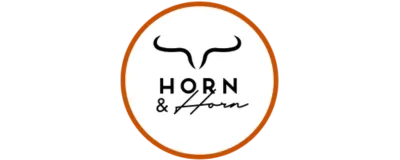
Discover Your Best Solar Cleaning Partners in Gauteng
Quick Links
Home
About Us
Services
Testimonials
FAQ's
Blog